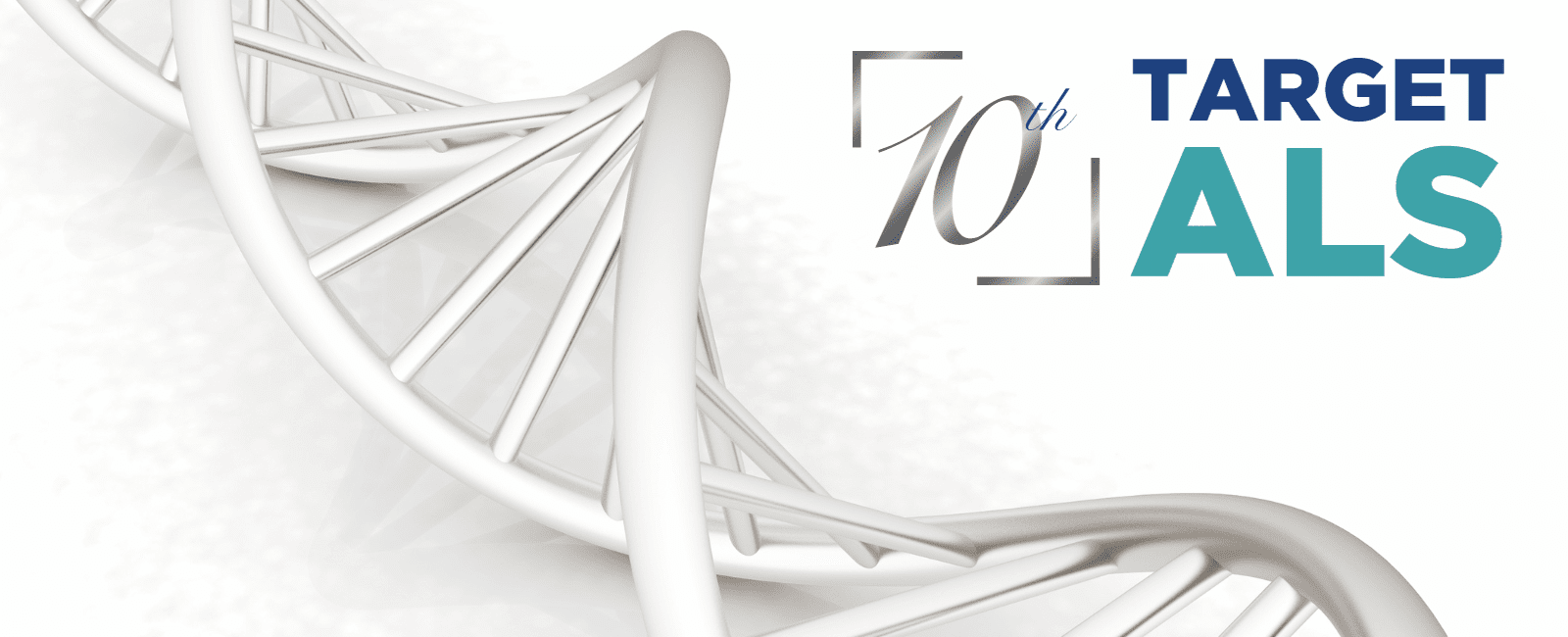How Common is Dysphagia in ALS Patients?
Dysphagia is a very common symptom that affects more than 80% of ALS patients¹, as well as some patients with multiple sclerosis, Parkinson’s disease, and muscular dystrophy. It presents as a deteriorated ability to swallow, causing problems with eating and drinking.
By understanding the connection between ALS and dysphagia, patients and caregivers will know how to properly react when the symptom occurs.
ALS and Dysphagia: How They Are Connected
ALS and dysphagia are conditions affecting the central nervous system. In ALS, the motor neurons of the brain and spinal cord deteriorate over time, negatively affecting muscle control and causing physical impairment, including the ability to swallow.
Problems can occur at all three stages of swallowing, including the oral preparatory phase (the mixing of food with saliva), oral transit (the tongue moving food toward the esophagus), and the pharyngeal stage (involuntary movement of food through the esophagus to the stomach).
Common causes of dysphagia in ALS patients include dysarthria, which is a separate condition that presents as weakness of facial muscles or paralysis, loss of gag reflex, and decreased sensation in the mouth or throat, often resulting in slurred or slow speech.
Many people with ALS will eventually need to use a feeding tube for nutrition, hydration, and medication delivery due to difficulties in swallowing². In fact, if a patient with ALS isn’t placed on a feeding tube early enough in the progression of their disease, 30%–50% will succumb to complications due to aspiration pneumonia³.
What Are the Signs of Dysphagia?
The most common symptom of dysphagia is difficulty swallowing. Other signs and symptoms may include:
- Coughing or gagging when eating or drinking
- Bringing food back up, sometimes through the nose
- Wet-sounding voice during or after eating or drinking
- Saliva that collects in the mouth
- Extra effort or time needed to chew or swallow
- Food getting stuck in the throat or coming back up
- Feeling that food is stuck in the throat or chest or isn’t going down right
How Can ALS and Dysphagia Be Managed?
There are several ways a dysphagia patient can manage their symptoms, including behavioral and dietary changes and different types of physical therapy.
Diet Considerations
For ALS patients with dysphagia, it’s important to eat soft foods with a thicker consistency to help prevent choking⁴. For example, instead of watery soup with larger pieces of protein or vegetables, individuals can puree their soup to make it thicker and easier to swallow. Pureed fruits and vegetables are easier to consume, as are soft foods such as mashed potatoes and rice.
Fluid Monitoring
By drinking plenty of water and other fluids throughout the day, patients can keep their mouths well-lubricated. Hydration helps ease the passage of food down the esophagus and can prevent choking caused by dryness of the mouth.
In addition to staying hydrated, it’s important for patients to reduce their alcohol consumption. Alcohol may make it harder to swallow and can cause more reflux, thereby increasing the likelihood of food ending up in the lungs. If a person with dysphagia wishes to consume alcohol, it should be done in moderation, and they should avoid carbonated drinks like beer and hard cider.
Mouth Exercises
To strengthen the muscles used for swallowing, individuals with ALS and dysphagia can try sucking on a piece of hard candy.
Patients can exercise their mouth by opening it wide, holding it there for five seconds, then closing it tightly. This exercise can be repeated 10 times, three times a day.
Speech Therapy
Speech therapists work with ALS patients to help them overcome difficulties in speech, teach them how to improve their swallowing techniques and recognize the sensations usually occurring when swallowing⁵. Undergoing speech therapy for dysphagia will help individuals regain the strength of their throat muscles so that they can swallow foods and liquids properly and safely.
Seeking Professional Help for Dysphagia
Most people are unaware that degenerative diseases such as ALS have a connection to dysphagia. A patient suffering from any degenerative disease should take the necessary precautions such as seeking advice from a caregiver or letting their family know about the condition. This will enable them to get the type of help they need and, in turn, better manage the disease’s progression.
SOURCES
1. Onesti, E., Schettino, I., Gori, M. C., Frasca, V., Ceccanti, M., Cambieri, C., Ruoppolo, G., & Inghilleri, M. (2017). Dysphagia in Amyotrophic Lateral Sclerosis: Impact on Patient Behavior, Diet Adaptation, and Riluzole Management. Frontiers in Neurology, 8. https://doi.org/10.3389/fneur.2017.00094
2. Katzberg, H. D., & Benatar, M. (2011). Enteral tube feeding for amyotrophic lateral sclerosis/motor neuron disease. Cochrane Database of Systematic Reviews. https://doi.org/10.1002/14651858.cd004030.pub3
3. Pisa, F. E., Logroscino, G., Giacomelli Battiston, P., & Barbone, F. (2016). Hospitalizations due to respiratory failure in patients with Amyotrophic Lateral Sclerosis and their impact on survival: a population-based cohort study. BMC Pulmonary Medicine, 16. https://doi.org/10.1186/s12890-016-0297-y
4. ALS Care. (2022). Amyotrophic Lateral Sclerosis (ALS) Speech Therapy – Alstreatment.com. Alstreatment.com. Retrieved 4 May 2022, from https://alstreatment.com/als-speech-therapy/.
5. Zatavekas, K. (2022). Nutritional Considerations for People with ALS. Retrieved 4 May 2022, from https://www.alsclinic.pitt.edu/patient-issues/nutrition-considerations-people-als







